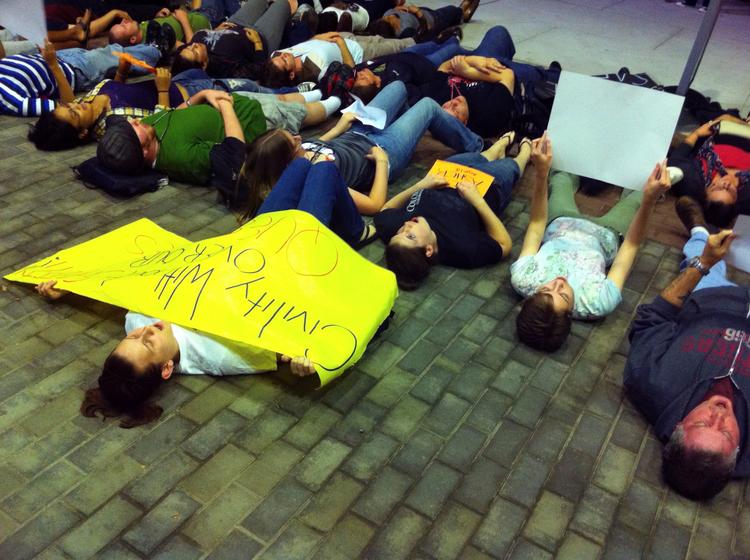Rutgers University freshman Tyler Clementi’s suicide on September 22 refocused national attention on cyberbullying, a problem that occurs across college campuses in growing severity. The tragedy started when two of Clementi’s fellow freshmen at Rutgers recorded and advertised his private sexual activities with another male.
After he discovered his roommate had violated his privacy, Clementi jumped off the George Washington Bridge to his death. While the simple solution to this tragedy is to hold the perpetrators accountable, individuals and campuses must do more to take positive steps to fight cyberbullying among college students.
Below are four ways in which cyberbullying has likely affected the lives of Clementi and other victims of cyberbulling.
First, the use of electronic media to bully instills a sense of constant, overwhelming pressure and denunciation from the outside world because of the many channels of input, as opposed to conventional bullying, which occurs through a single channel.
Second, because one of the bullies was Clementi’s roommate, the process severely harmed his physical and psychological security. Not only was Clementi a college freshman without his traditional support network, but also his personal sanctuary was not safe.
Third, Clementi’s sexual orientation, a cause of uncertainty in a culture that reluctantly accepts homosexuality, was blatantly publicized. Such attention likely led to either a sense of shame or a loss of confidence in identity.
Fourth, it is important to understand, with no obligation to forgive, the mindset Clementi’s roommate had. Confused and uncertain about the stigmatized activity occurring in his bedroom, the roommate alleviated psychological pressure by exclusion and retaliation.
Cyberbullying affects perfectly functional college students and should not be ignored. Furthermore, the problems will not solve themselves. A study from bullying expert Dan Olweus found 18.5 percent of college students to be victims of at least one instance of bullying and 1.9 percent to be victims of recurring bullying.
Therefore, the number of TCU students experiencing intense bullying could feasibly fill a large lecture hall. What actions can be taken to counteract the harms of bullying?
The first solution exists among the bullies themselves. While enforcement in the short term is important, focus must also be given to preventative action.
Communication between roommates and residents combined with healthy dialogue will develop understanding and proper conflict resolution. This leads bullies to forfeit the manipulative control they have over the victim.
The second solution occurs with enforcement. Campus police and law enforcement need greater access and technological expertise to follow leads on cyberbullying, using a standard of intervention to protect users’ privacy. Drawing lines on what constitutes as an intent to bully is too flexible a standard to apply.
Beyond upholding privacy, colleges can take steps to promote community. An accepting atmosphere makes any victim of bullying less likely to feel isolated. Student programs, clubs and activities could all help develop acceptance and tolerance. There is nowhere better than TCU to spread awareness about the scourge of cyberbullying on college campuses and call people to action on this issue. Lives depend on this fight.
Pearce Edwards is a sophomore political science major from Albuquerque, N.M.

